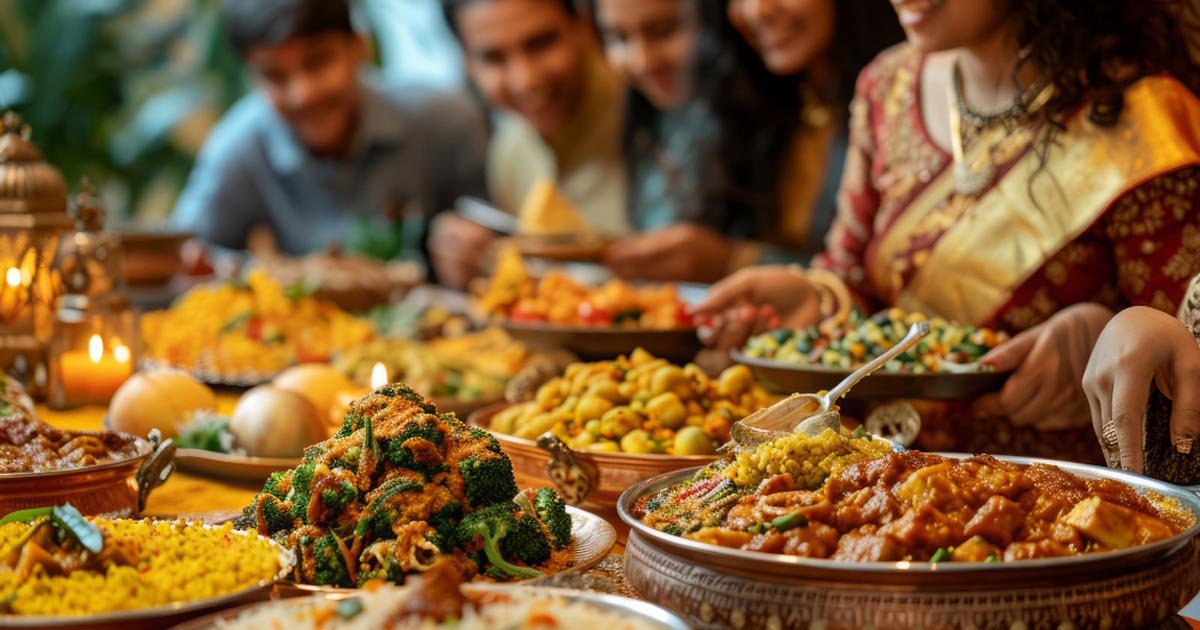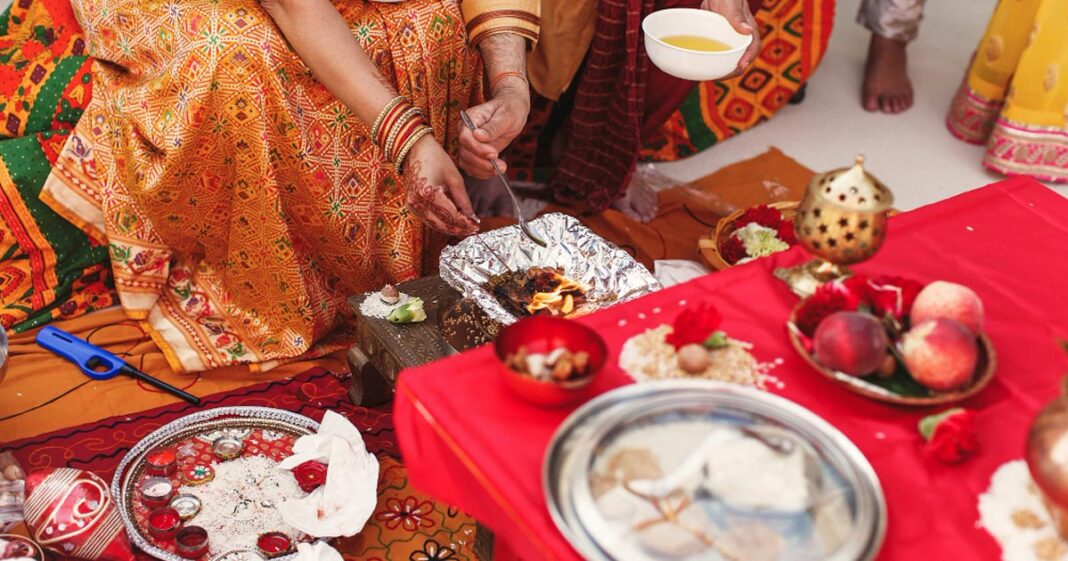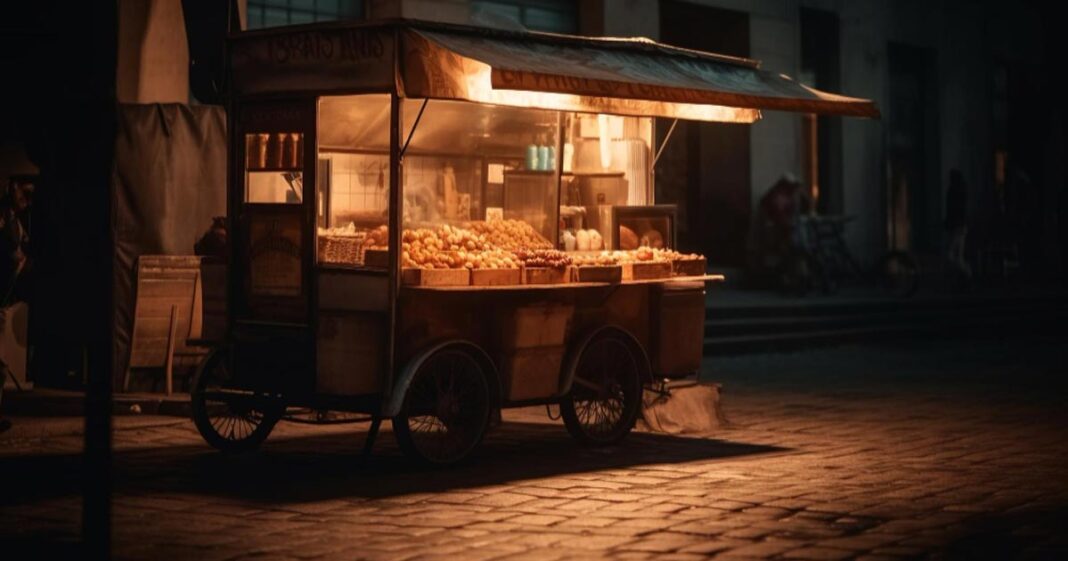
Festivals are a vibrant reflection of culture, tradition, and community bonding. Across the world, one common thread that binds all celebrations is food. Whether it’s the decadent sweets of Diwali, the rich turkey feasts of Thanksgiving, or the symbolic dumplings of Chinese New Year, food plays a pivotal role in marking joyous occasions. It represents history, togetherness, and sometimes, even spiritual beliefs.
India: A Mélange of Flavors in Festive Celebrations
India, known for its diverse cultures and festivals, offers a culinary landscape that changes with every celebration.
Diwali: Sweets and Snacks Galore
The festival of lights, Diwali, is synonymous with sweets and snacks. Traditional Indian homes prepare an assortment of treats like ladoos, barfis, and gujiyas, while savory items like chakli and namakpare are also enjoyed. The grandeur of Diwali feasts extends beyond family, strengthening bonds between neighbors and friends.
Eid: The Essence of Biryani and Sheer Khurma
Eid in India is incomplete without biryani, a fragrant rice dish cooked with meat and spices. Sheer Khurma, a milk-based dessert enriched with vermicelli, nuts, and dates, is a must-have delicacy, signifying prosperity and joy.
Pongal: A Tribute to Harvest
South India’s Pongal festival revolves around food that honors the harvest. The dish Pongal, a sweet or savory rice preparation, is cooked in new earthen pots, symbolizing abundance.
Global Festivities and Their Culinary Significance
Thanksgiving (USA): The Turkey Tradition
Thanksgiving is marked by feasts that include roast turkey, mashed potatoes, pumpkin pie, and cranberry sauce. The festival signifies gratitude and togetherness, bringing families under one roof for a grand meal.
Chinese New Year: Dumplings and Longevity Noodles
In China, New Year’s Eve is celebrated with dumplings, symbolizing wealth and prosperity, and Longevity Noodles, representing a long and fulfilling life. Families gather to cook and eat these dishes together, fostering unity.
Christmas (Europe & USA): Indulgent Feasting
Christmas dinners are rich in tradition, from roast beef and glazed ham in the West to fruit cakes and mulled wine in European countries. In the Philippines, a unique Christmas dish called Lechon (roast pig) is the centerpiece of the festive table.
A Real-Life Success Story: Indian Chef Gaggan Anand’s Culinary Triumph
India has not only celebrated festivals with food but has also taken its cuisine to the global stage. Gaggan Anand, a Kolkata-born chef, became a global culinary icon by reinventing traditional Indian flavors. His restaurant, Gaggan, based in Bangkok, earned the No.1 spot on Asia’s 50 Best Restaurants list multiple times. His innovative approach to Indian dishes, inspired by festive flavors, made him a Michelin-starred chef.
Award-Winning Innovations Inspired by Festive Food
Several Indian chefs have gained international recognition for their festive-inspired creations.
- Vikas Khanna, an Indian Michelin-starred chef, crafted a unique menu inspired by Diwali delicacies and presented it at the prestigious White House Diwali celebrations.
- Garima Arora, the first Indian woman to receive a Michelin star, attributes her cooking style to Indian celebratory feasts, blending modern techniques with traditional flavors.
Conclusion: Food as a Cultural Bridge
Food is more than just sustenance during festivals—it is a medium of expression, heritage, and unity. Across cultures, festival food continues to uphold traditions while evolving with modern tastes. Whether it’s sharing a plate of sweets on Diwali or slicing through a Christmas turkey, these culinary practices connect people globally, making food an essential part of celebration and culture.





